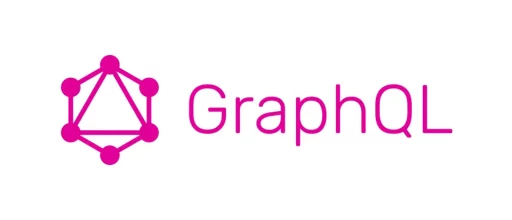PHP generators are a powerful and useful tool in the PHP language. They allow developers to create iterators that can be used to iterate over large datasets without having to load the entire dataset into memory at once. This can be especially useful when working with large datasets or when memory constraints are a concern.
Generators are created using the yield keyword, which allows a generator function to pause execution and return a value to the caller. The generator function can then be resumed at a later time, allowing the developer to iterate over the values returned by the generator.
Here is an example of a simple generator function that yields the numbers from 1 to 10:
Copy codefunction numberGenerator() {
for ($i = 1; $i <= 10; $i++) {
yield $i;
}
}
To use this generator, we can simply iterate over it using a foreach loop:
Copy codeforeach (numberGenerator() as $number) {
echo $number;
}
This will output the numbers 1 through 10.
One advantage of using generators is that they are much more memory efficient than using an array to store the values being iterated over. This is because the generator function only stores the current state of the generator and the next value to be returned, rather than storing the entire dataset in memory.
Generators can also be used to create infinite sequences, such as an endless stream of random numbers or an infinite Fibonacci sequence. To do this, the generator function simply needs to run indefinitely and yield values as needed.
Overall, PHP generators are a valuable tool for any PHP developer to have in their toolkit. They allow for efficient iteration over large datasets and can be used to create a wide variety of sequences and iterators.















